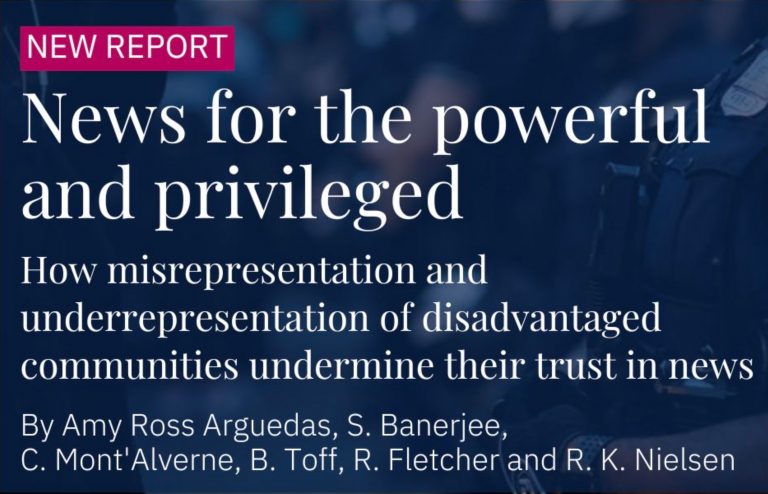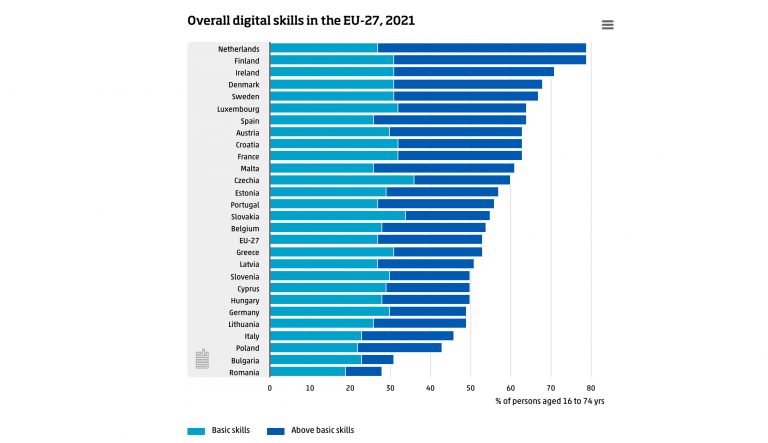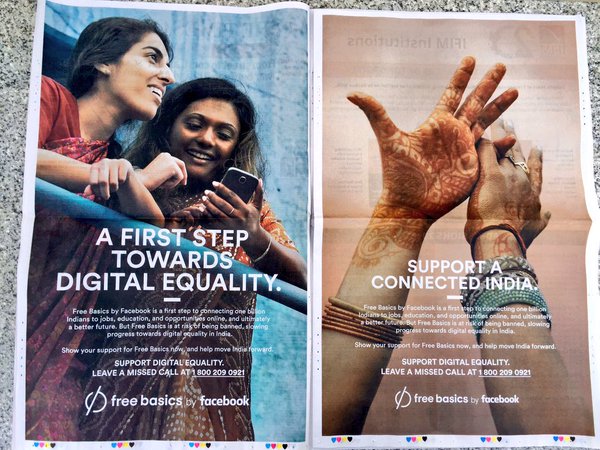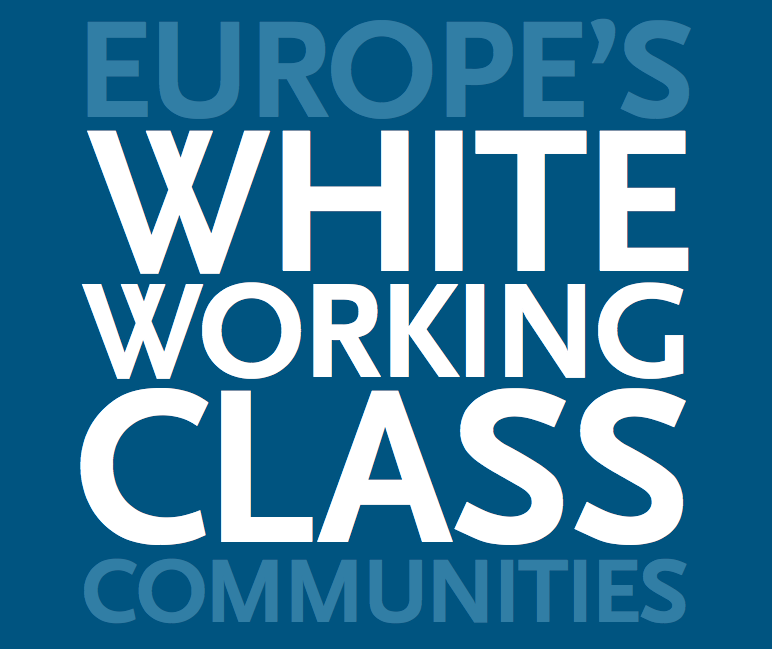The problem with cashless payments





Automating Inequality: How High-Tech Tools Profile, Police, and Punish the Poor By Virginia Eubanks St. Martin’s Press, January 2018 272 pages The State of Indiana denies one million applications for healthcare, foodstamps and cash benefits in three years – because…

Uday Dandavate, co-founder and CEO of design research company SonicRim, is appalled about Facebook pushing its Free Basics program in India, which he think is driven by “an attitude that represents stupidity wrapped in ignorance”. He just posted this reflection…

Europe’s White Working Class Communities, a research series published by the Open Society Foundations, documents the experiences of “white†communities in six cities across Europe. Each report focuses on a specific district or neighborhood within a city. It provides new…

Every time we return to or sign up for an Internet service (e.g. Facebook, Google, Gmail, YouTube, etc.), writes Hassan Baig on TechCrunch, we rely on what UX experts call a “mental model†for navigating through the choices. “A mental…

CGAP (a World Bank affiliated but independent policy and research center dedicated to advancing financial access for the world’s poor) has partnered with Janalakshmi Financial Services, one of India’s largest urban microfinance institutions to implement customer centricity in providing financial…

From the press release: Intel Corporation released a groundbreaking report on “Women and the Web,” unveiling concrete data on the enormous Internet gender gap in the developing world and the social and economic benefits of securing Internet access for women.…

The war between natives and immigrants is ending. The natives have won, argues Oliver Joy on the CNN website. It was a bloodless conflict fought not with bullets and spears, but with iPhones and floppy disks. Now the battle between…
Living Offline – A Qualitative Study of Internet Non-Use in Great Britain and Sweden by Bianca Christin Reisdorf (U. of Oxford, UK), Ann-Sofie Axelsson (Chalmers U. of Technology, Sweden) and Hanna Maurin Söderholm (U. College of Borås, Sweden) Paper presented…
The BBC have just released some interesting research around participation online, writes Neil Perkin on FutureLab. The findings (the result of a “large-scale, long-term investigation into how the UK online population participates using digital media today”) have raised a little…
When the Pew Internet Project first began writing about the role of the internet in American life in 2000, there were stark differences between those who were using the internet and those who were not.1 Today, differences in internet access…
Together with a committed group of colleagues and partners, cultural anthropologist Mimi Ito has been engaged in the MacArthur Foundation’s Digital Media and Learning Initiative to address the challenge of how new media can support highly engaged, geeked out, and…
Liz Losh writes on DMLCentral on an inclusive and interdisciplinary approach to “digital literacy†that is more in keeping with the latest thinking about “digital fluency†in the field “Although “digital literacy†is often a phrase associated with programs that…
Online as much as in the real world, people bunch together in mutually suspicious groups—and in both realms, peacemaking is an uphill struggle. The Economist reports in an article that quotes Danah Boyd and Ethan Zuckerman. “A generation of digital…
Martin Kettle thinks the UK has lost sight of next door Europe, trapped as Brits are in their Anglo-centric internet. “It is hard to recall a time when the national, not just the London, mind was less informed about…
In Making Do: Innovation in Kenya’s Informal Economy, Steve Daniels of Brown University illuminates the dynamics of Africa’s informal economy to enhance our understanding of emerging systems of innovation. “Wandering through winding alleys dotted with makeshift worksheds, one can’t help…
Who do you read and associate with online? Ethan Zuckerman argues in this Guardian video that cultural and linguistic barriers stand in the way of our using the internet to tackle global issues.
Design consultant Martyn Perks thinks that a UK government-backed campaign to get the entire UK adult population online “threatens to make cyber slaves of us all.” “Is it not possible that some people simply don’t want to participate in this…